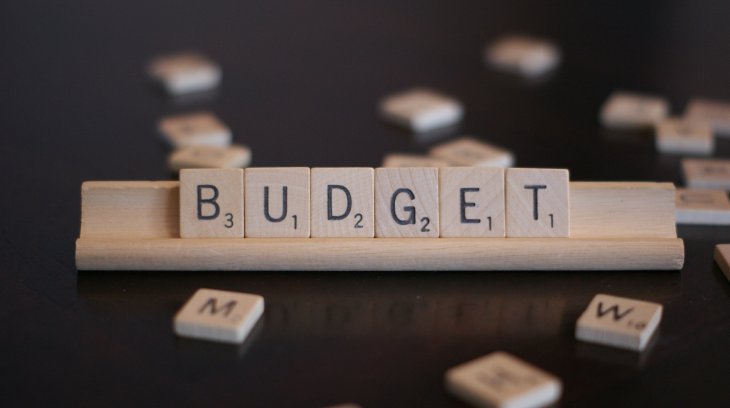
Why Budgeting is Important
Budgeting is the core of everyone’s personal finances and if it isn’t at the core of yours, it’s time to make that change. Having a budget helps you control your expenses as well as plan for emergencies. Budgeting is also an important part of getting out of debt (and staying there). Budgeting will also make it easier to forecast your finances or prepare for the future. You can even out the highs and lows of your cash flow throughout the month to make your finances easier.
You’re probably thinking, “Budgeting sounds great, sign me up!” Well, budgeting can be difficult. Usually, you’ll need tools to help, including a budget planner.
How to Use a Budget Planner
Budget planners make it easier for people to visualize their budgets. Oftentimes, seeing the numbers on paper (or on a computer screen) makes people realize how much money they are spending or, better yet, how much money they could be saving.
To use a budget planner, you’ll first want to note how much money you are making (your net income). Knowing how much cash you are bringing home every month will be important when utilizing the rest of your budget planner.
After you find your net income, track your expenses. Keep all of your receipts, track your online banking statements and any other bank document you can to see where you are spending money. Once you’ve tracked your expenses for about a week, take a look at where you are spending the most and where you are spending the least.
Then you’ll make a plan. Say you want to save money for a new home and you want to save $500 a month. You may have to scale back on dining out and going to the movies but you’ll be able to do it by using your budget planner.
Once you have a plan, take any action needed to adjust your spending habits to better fit your needs. As your needs and wants change, you should revisit your budget and make adjustments.
Want to start budgeting now? Download this free budget planner. You may also find the Non-Monthly Budget Planner helpful.
Leave a Reply